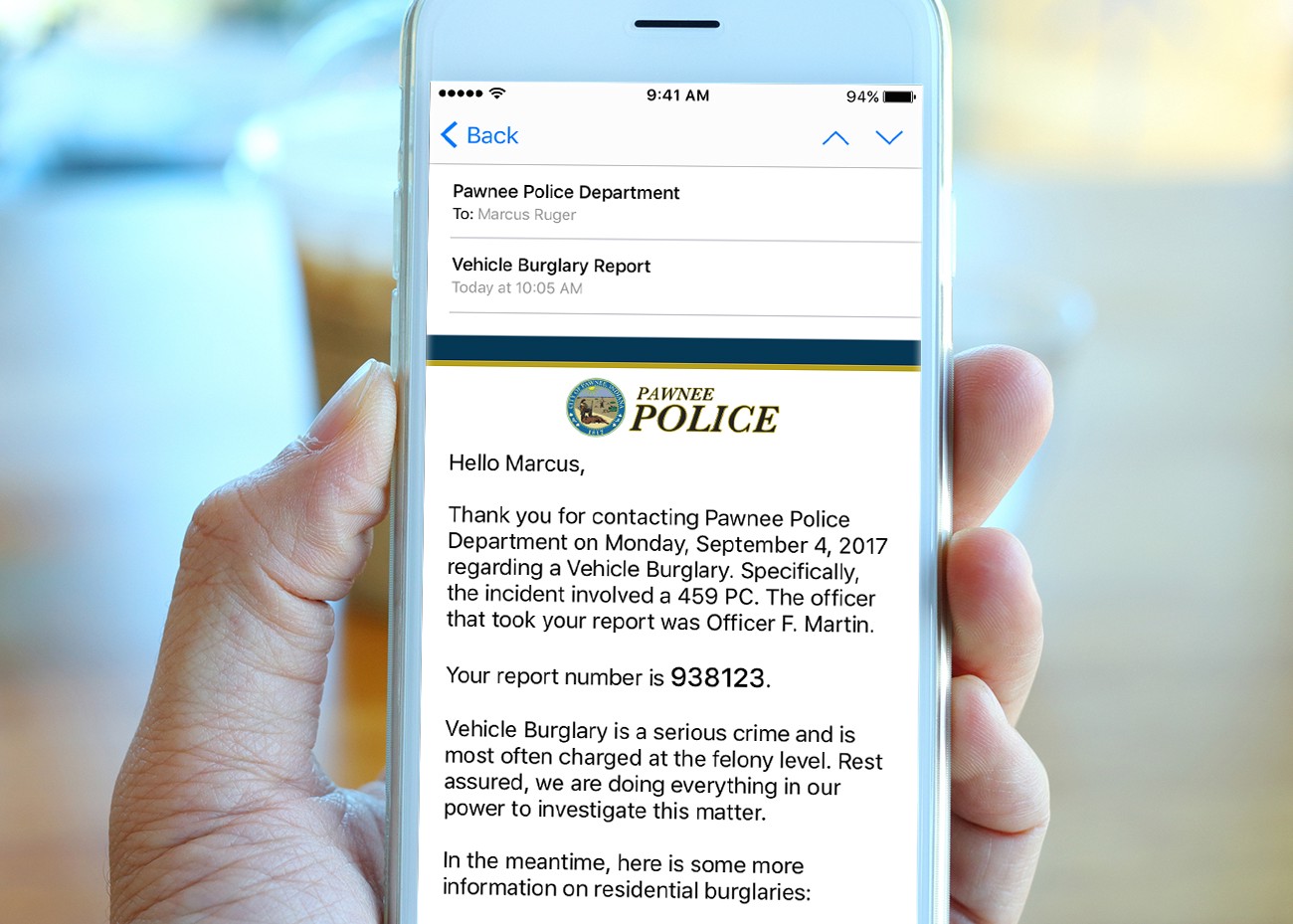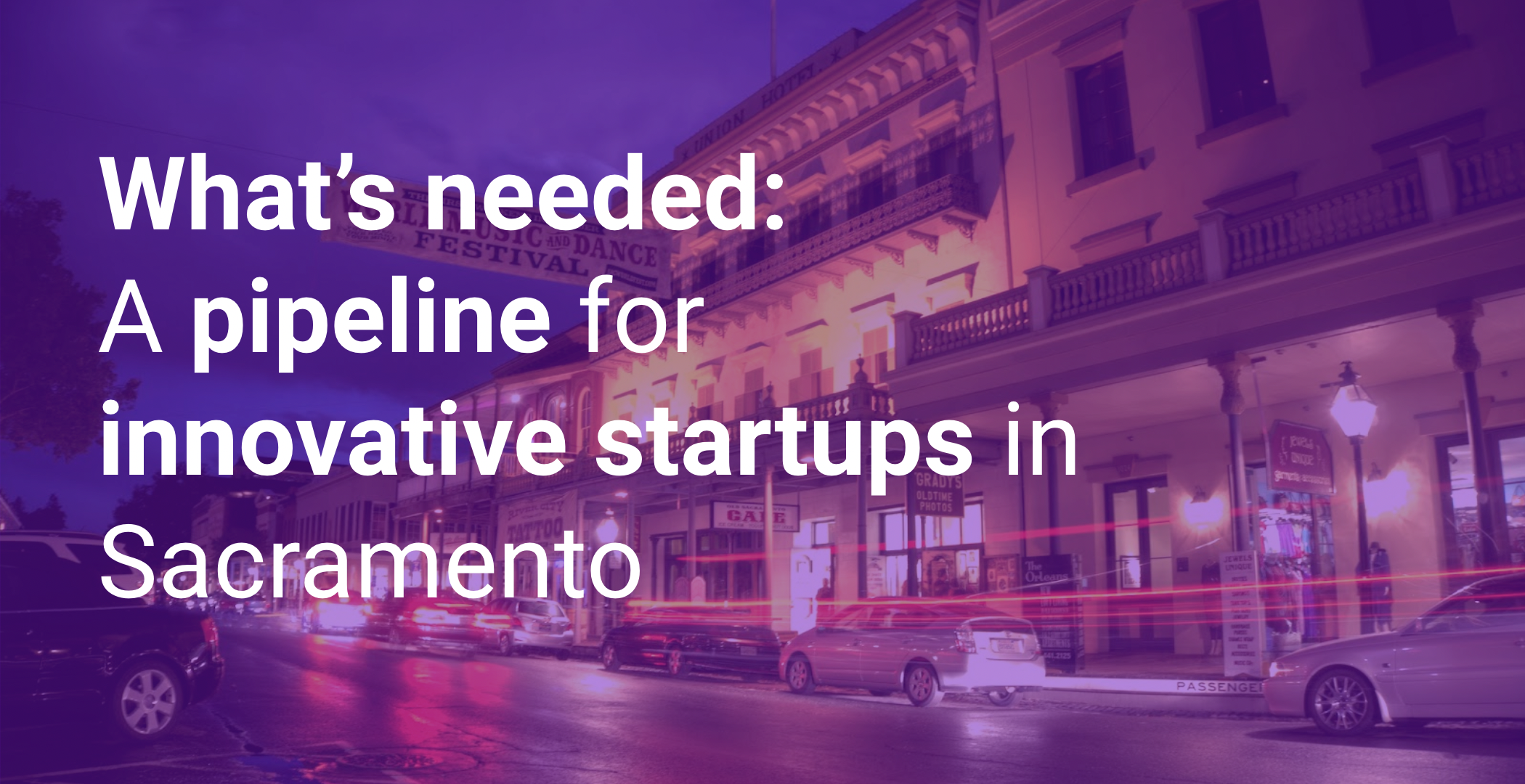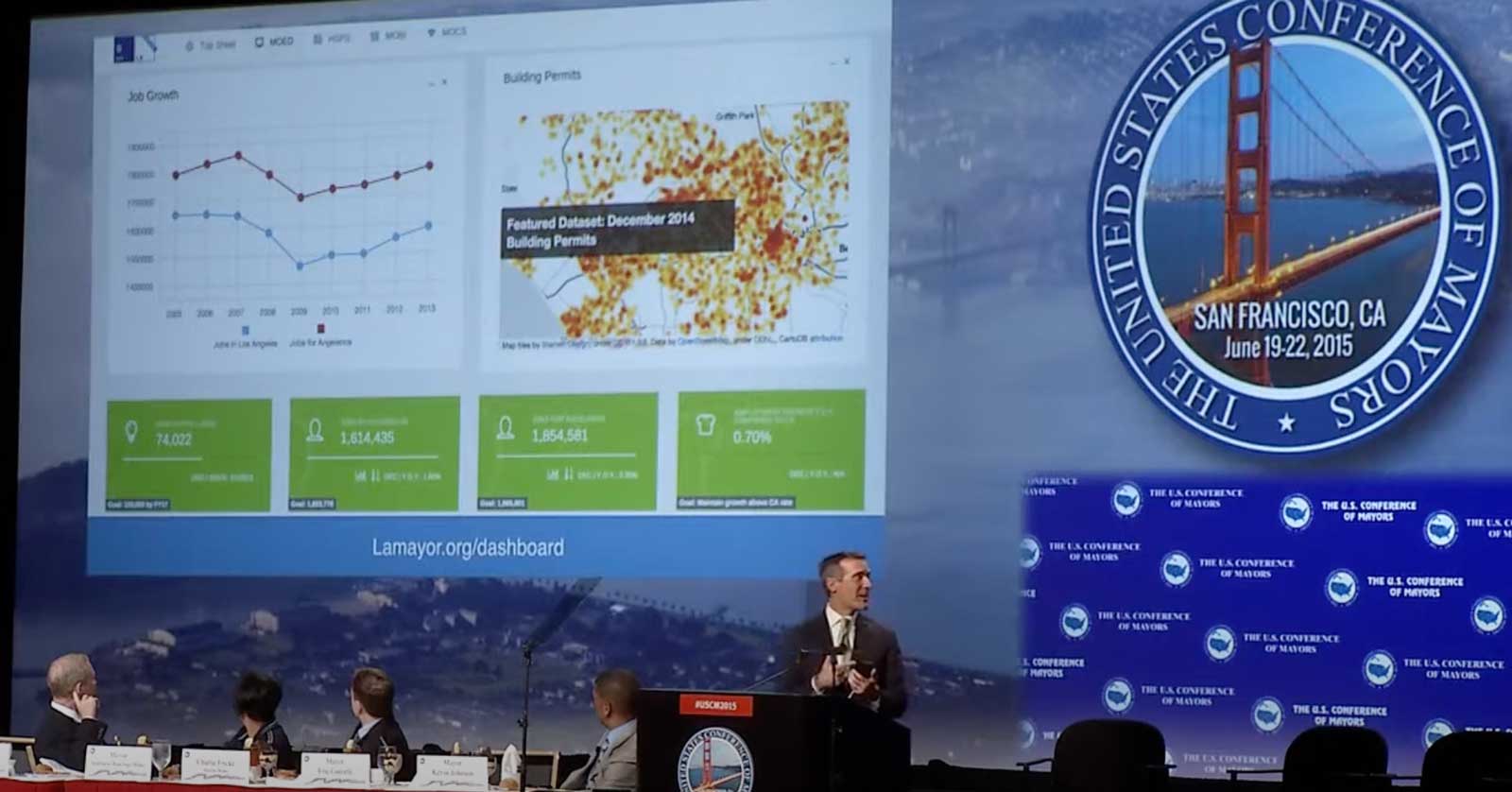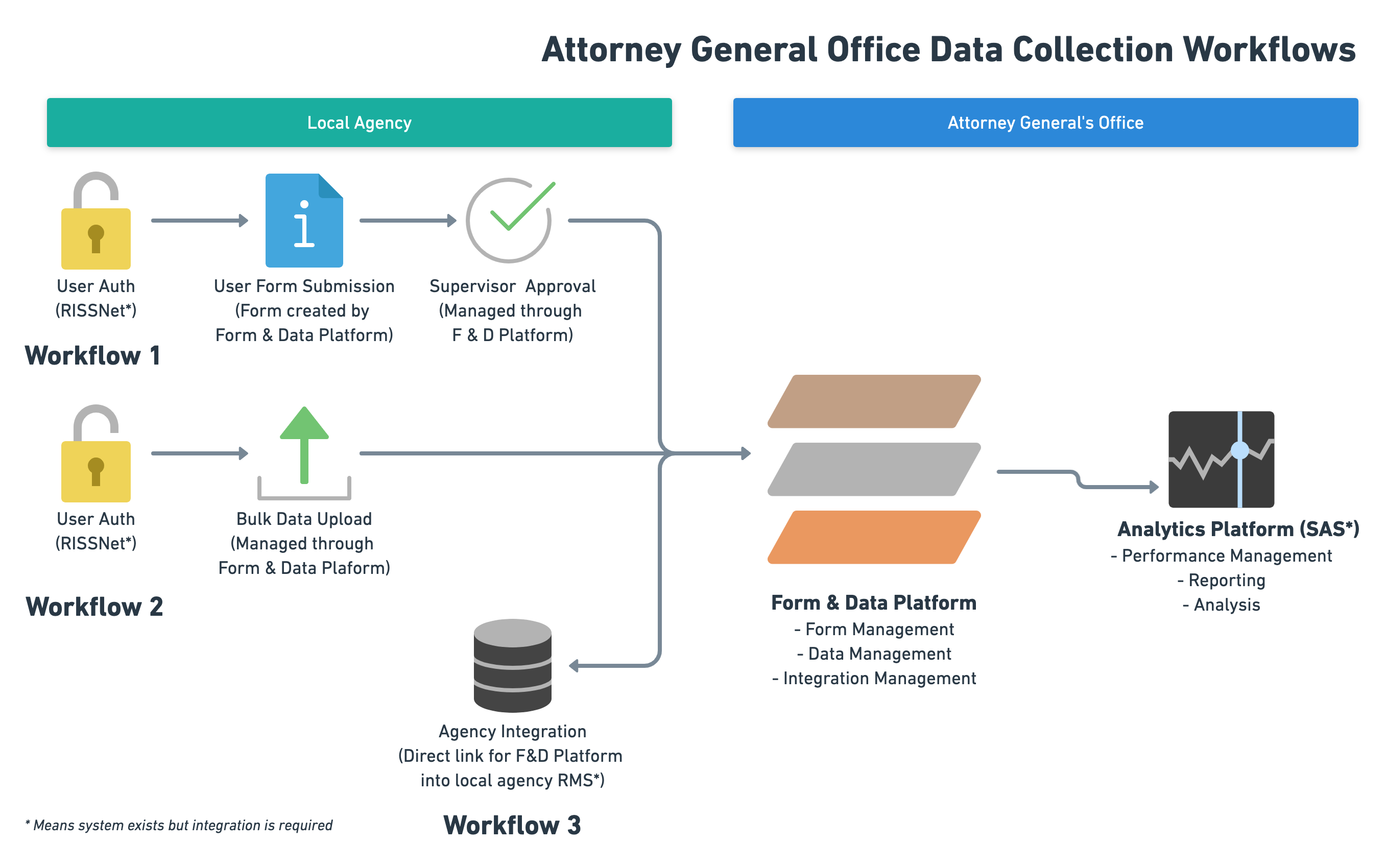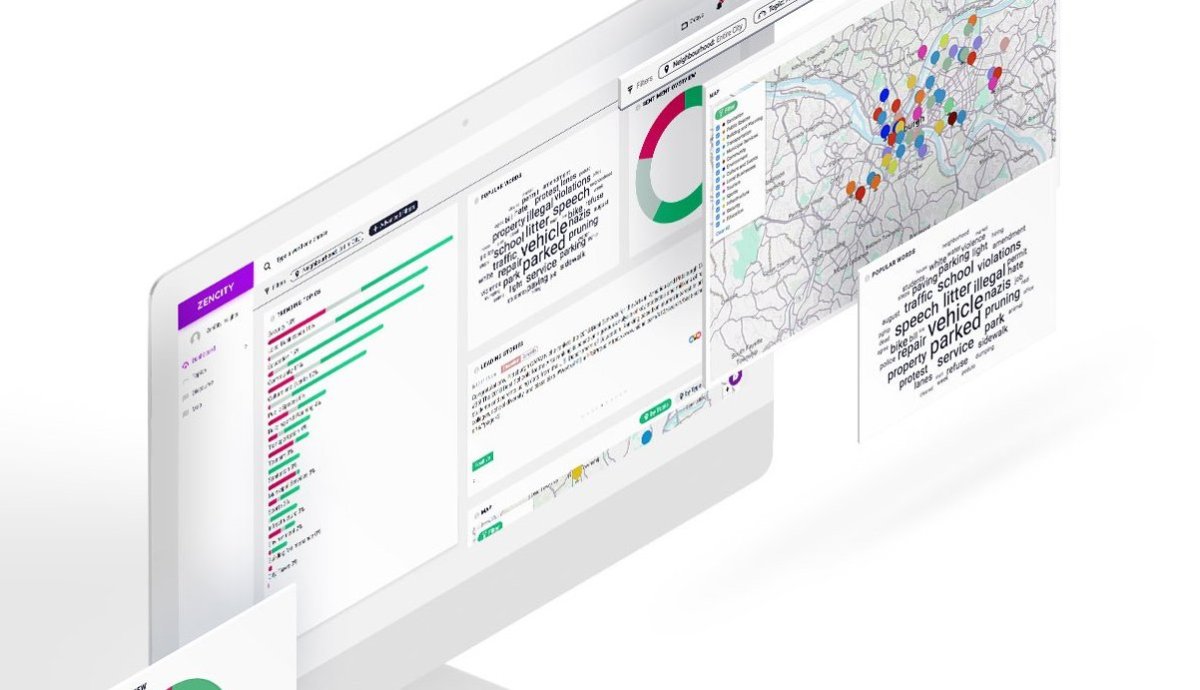Cities are increasingly releasing data that they can use to make life better for their residents online -- enabling journalists and researchers to better inform the public.
Los Angeles, for example, has analyzed data about injuries and deaths on its streets and published it online. Now people can check its conclusions and understand why LA's public department prioritizes certain intersections...
Abhi Nemani, the former chief data officer for LA, explained why the city needed to "go back to school" for help.
"In resource-constrained environments -- the environment most cities find themselves in these days -- you often have to beg, borrow, and steal innovation; particularly so, when it comes to in-demand resources such as data science expertise," he told the Huffington Post.
"That's why in Los Angeles, we opted to lean on the community for support: both the growing local tech sector and the expansive academic base. The academic community, in particular, was eager to collaborate with the city. In fact, most -- if not all -- local institutions reached out to me at some point asking to partner on a data science project with their graduate students..."
"Measuring the success of projects such as these is a bit more nuanced than one might typically think," LA's former chief data officer Nemani said."
"It's not just the finished product that counts, but the process and the engagement -- much like what I saw at Code for America. Indicators of success are not only the utility of the analysis, but also the increased interest from departments in data science, knowledge transfer both to students on city government and to city staff on data science, and the eagerness for executive leadership to build out data science capacity within city hall. These kinds of institutional shifts are harder to quantify or track but, in my opinion, provide the long-term impact necessary for a data-savvy city hall."

